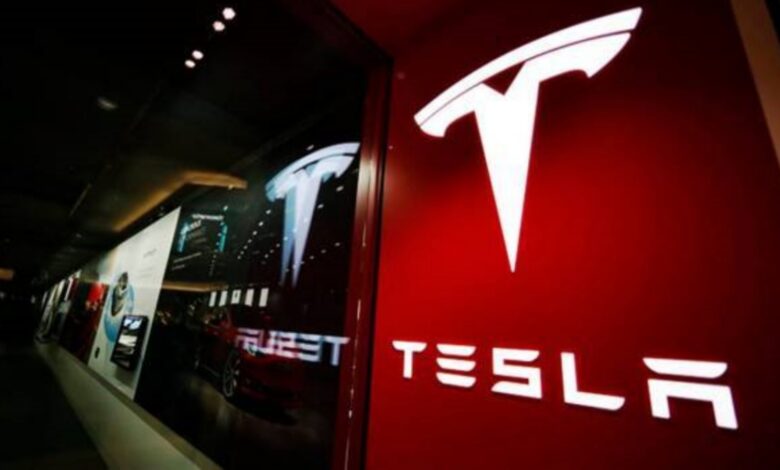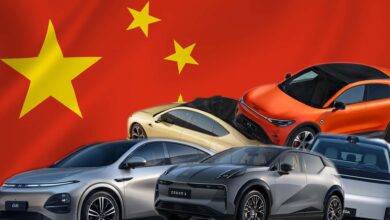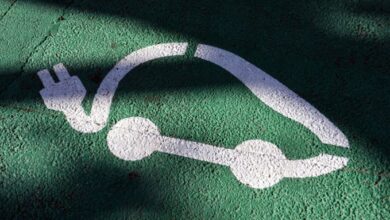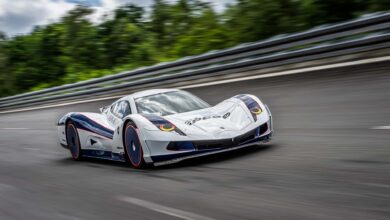Govt kicks off consultations with domestic industry, Tesla reps, to evolve guidelines for new EV policy | Business News

Ahead of Tesla CEO Elon Musk’s visit to India, the Centre on Thursday held the first consultation meeting with the automobile industry players, including Tesla representatives, to evolve guidelines to operationalise the new electric vehicles (EV) policy released last month, industry and official sources aware of the development told The Indian Express.
The participants in the meeting, the first of the more such deliberations, included officials from Ministry of Heavy Industries (MHI) and the Finance Ministry, along with car manufacturers such as Tata Motors, Maruti Suzuki, Mahindra & Mahindra, Volkswagen, Mercedes and Toyota, as well as Tesla representatives.
“The EV policy was launched last month but the draft guidelines are yet to be released. The consultation with the automobile industry was to prepare the guidelines for the policy. This was the first such meeting and more are scheduled to take place to prepare the guidelines,” an industry executive who attended the meeting said.
The guidelines are expected to provide more clarity on investments in EV manufacturing in the country, which is at a nascent stage and is expected to grow into a major category within the automobile sector in the coming years.
Tesla’s participation comes after India eased duty for a limited number of EV imports for manufacturers setting up facilities in India with a minimum investment of Rs 4,150 crore under the new EV policy. The Texas-based Tesla, Inc., had been seeking tariff concessions as a precondition for building a manufacturing plant in India.
Musk is expected to meet Prime Minister Narendra Modi on March 22 and is also scheduled to interact with a number of Indian startups from several sectors.
The new EV policy released last month makes way for import of completely built-up (CBU) cars at a 15 per cent import duty. In 2021, Tesla had written to nodal central ministries seeking a reduction in import duties on fully assembled cars and had asked for duties to be cut to 40-15 per cent depending on the price of the car. The new policy effectively fulfills that demand.
“Under this scheme, EV passenger cars (e-4W) can initially be imported with a minimum CIF value of $35,000, at a duty rate of 15 per cent for a period of 5 years from the date of issuance of approval letter by Ministry of Heavy Industries (MHI),” the new EV policy said.
However, the maximum number of e-4W allowed to be imported at the reduced duty rate has been capped at 8,000 per year. The carryover of unutilised annual import limits would be permitted, the policy read.
India is currently the world’s third largest automobile market and one of the fastest growing automotive markets in the world. The current market size of the automotive sector is Rs 12.5 lakh crore and the sector is expected to cross Rs 24.9 lakh crore by 2030. The automotive sector contributes over 7.1 per cent to the country’s GDP.




